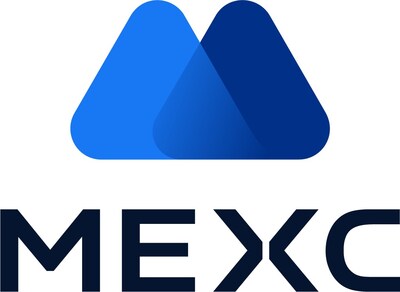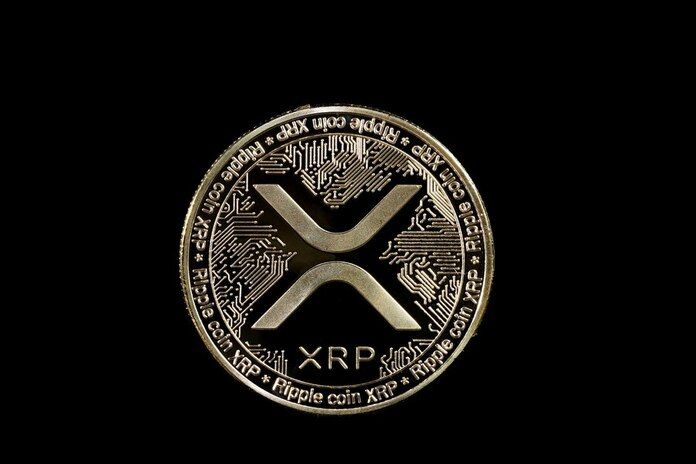Vantage Russia to Make a Strong Presence at the Upcoming Blockchain Forum in Moscow
This post was originally published on this site
MOSCOW, April 15, 2025 /PRNewswire/ — Vantage Markets, multi-award winning CFD broker, is set to make a powerful impact at the upcoming Blockchain Forum in Moscow. As a Platinum Sponsor, Vantage Russia will be at the forefront of industry discussions, showcasing its expertise and commitment to the future of blockchain and digital assets.

The Blockchain Forum in Moscow is a premier gathering of thought leaders, innovators, and professionals shaping the future of blockchain technology. As a Platinum Sponsor, Vantage Russia will have a dedicated booth, PS3, offering an immersive experience where attendees can engage with our expert team, explore cutting-edge solutions, and discuss the evolving blockchain landscape.
Representing Vantage at the event is our highly experienced Russian team of C-level executives, marketing and business development managers. Their expertise and deep market knowledge will ensure that Vantage continues to lead conversations on blockchain innovation, digital finance, and investment strategies. Our team will share insights on the intersection of blockchain, digital trading, and financial technologies, offering valuable perspectives to industry professionals and enthusiasts alike.
Why Engage with Vantage at the Blockchain Forum?
- Industry Expertise: Learn from Vantage Russia’s leadership team about market trends and the future of blockchain applications in finance.
- Networking Opportunities: Connect with key decision-makers, traders, and blockchain pioneers.
- Exclusive Insights: Gain first-hand knowledge on how Vantage Russia is integrating blockchain technologies into its ecosystem.
We invite all attendees to visit Booth PS3, where our team will be available for discussions, product demonstrations, and networking opportunities. Whether you’re a blockchain enthusiast, an institutional trader, or an industry stakeholder, Vantage Russia welcomes you to engage with us and explore exciting opportunities in the digital finance landscape.
For more updates on our participation at the Blockchain Forum, follow Vantage Russia on our official channels. We look forward to connecting with you in Moscow!
About Vantage
Vantage Markets (or Vantage) is a multi-asset CFD broker offering clients access to a nimble and powerful service for trading Contracts for Difference (CFDs) products, including Forex, Commodities, Indices, Shares, ETFs, and Bonds.
With over 15 years of market experience, Vantage transcends the role of broker, providing a trusted trading ecosystem, an award-winning mobile trading app, and a user-friendly trading platform that empowers clients to seize trading opportunities. Download the Vantage App on App Store or Google Play.
trade smarter @vantage
|
RISK WARNING : CFDs are complex instruments and carry a high risk of losing money rapidly due to leverage. Ensure you understand the risks before trading. |
|
Disclaimer: This article is provided for informational purposes only and does not constitute financial advice, an offer, or solicitation of any financial products or services. The content is not intended for residents of any jurisdiction where such distribution or use would be contrary to local law or regulation. Readers are advised to seek independent professional advice before making any investment or financial decisions. Any reliance you place on the information presented is strictly at your own risk. |

Photo – https://megastockalert.com/wp-content/uploads/2025/04/Vantage_Make_a_Strong_Presence_Upcoming_Blockchain_Forum_Moscow.jpg
Logo – https://megastockalert.com/wp-content/uploads/2025/04/Vantage_Logo.jpg
![]() View original content:https://www.prnewswire.co.uk/news-releases/vantage-russia-to-make-a-strong-presence-at-the-upcoming-blockchain-forum-in-moscow-302428419.html
View original content:https://www.prnewswire.co.uk/news-releases/vantage-russia-to-make-a-strong-presence-at-the-upcoming-blockchain-forum-in-moscow-302428419.html

Featured Image: depositphotos @ adriantoday























